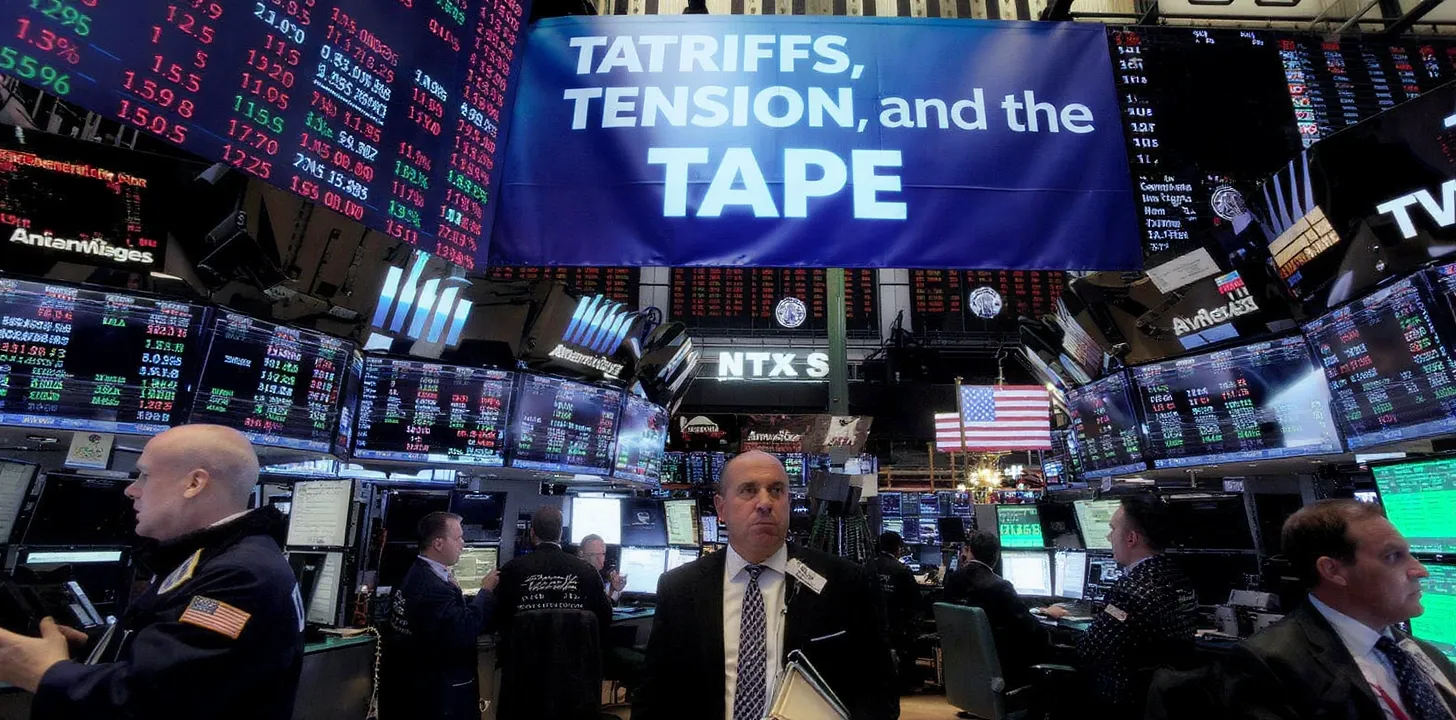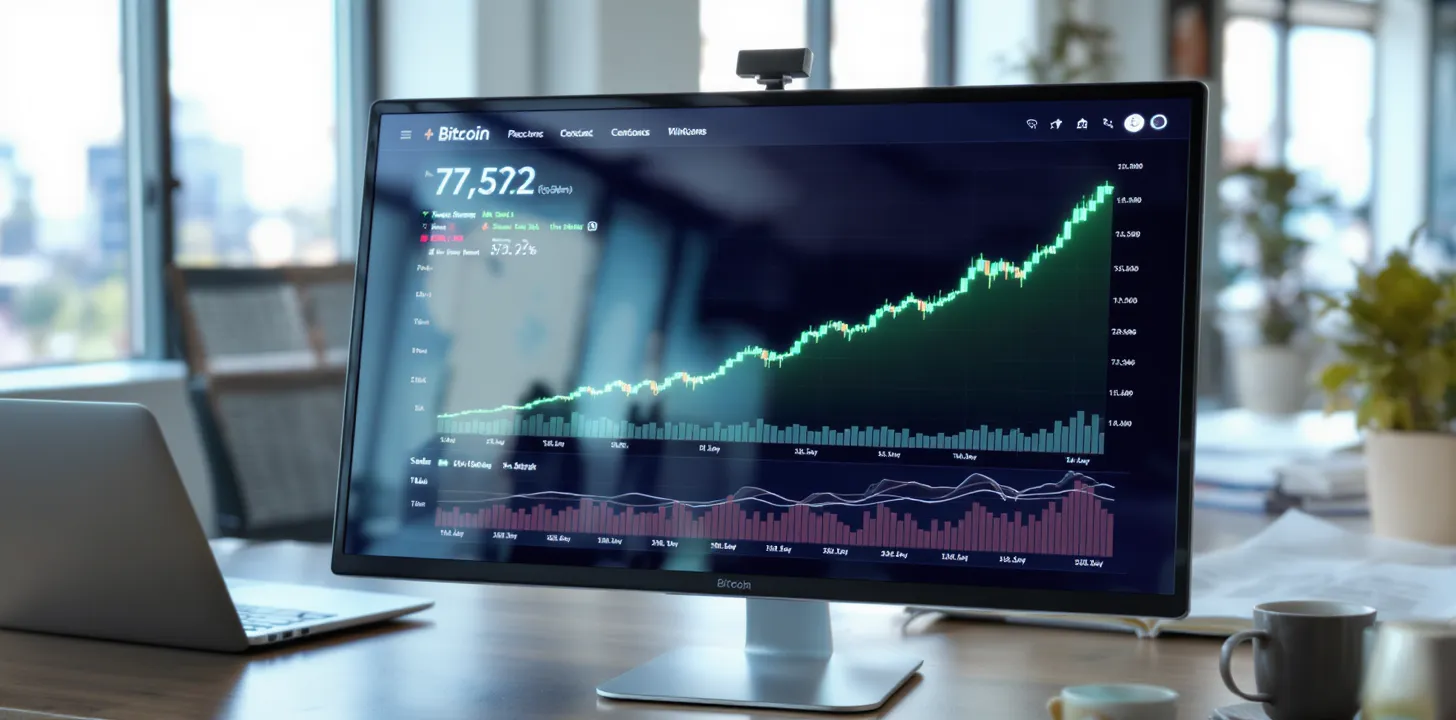Bitcoin has once again captured global attention by reaching an unprecedented milestone. On November 21, 2024, the cryptocurrency surged past $96,000, setting a new all-time high. This remarkable ascent has been fueled by a confluence of factors, including political developments, institutional investments, and evolving market dynamics. This analysis delves into the catalysts behind Bitcoin's recent surge, examines current market trends, and explores potential future trajectories.
Political Winds Favoring Cryptocurrency
The recent U.S. presidential election has had a profound impact on the cryptocurrency market. President-elect Donald Trump's victory has been perceived as a boon for digital assets, primarily due to his pro-crypto stance. During his campaign, Trump pledged to transform the United States into the "crypto capital of the planet" and proposed the establishment of a national Bitcoin reserve. These promises have instilled optimism among investors, contributing to Bitcoin's rapid appreciation.
Additionally, the potential acquisition of the cryptocurrency trading platform Bakkt by Trump's media group has further bolstered market confidence. Such developments suggest a forthcoming era of favorable regulatory policies and increased institutional adoption, factors that are instrumental in Bitcoin's valuation.
Institutional Influx and Market Dynamics
The surge in Bitcoin's price is not solely attributed to political factors; significant institutional investments have played a crucial role. Notably, MicroStrategy, a leading business intelligence firm, has expanded its Bitcoin holdings to 331,200 BTC, acquired at an average price of $88,627 per coin. This strategic move underscores the growing trend of corporations adopting Bitcoin as a treasury asset, thereby reducing exposure to traditional fiat currencies.
Moreover, the introduction of Bitcoin exchange-traded funds (ETFs) has democratized access to the cryptocurrency market. BlackRock's iShares Bitcoin Trust, for instance, has witnessed substantial trading volumes, with options trading attracting nearly $1.9 billion in exposure. The availability of such financial instruments has facilitated broader participation from both retail and institutional investors, contributing to increased demand and, consequently, higher prices.
Market Sentiment and Technical Indicators
Market sentiment remains overwhelmingly bullish. Data from options markets indicate a significant skew towards call options, suggesting that traders are positioning for further upside. Open interest for call options expiring in December 2024 is approximately twice that of put options, with many bets targeting a Bitcoin price of $100,000 by year-end.
Technical analysis corroborates this optimism. Bitcoin has consistently traded above key support levels, with the 50-day simple moving average (SMA) providing robust support around $71,367. The Relative Strength Index (RSI), while indicating overbought conditions, suggests strong buying momentum. However, traders should remain cautious of potential short-term corrections, as overextended RSI levels often precede price pullbacks.
Comparative Performance and Market Capitalization
Bitcoin's dominance in the cryptocurrency market is evident. With a market capitalization surpassing $1.8 trillion, it accounts for a significant portion of the total crypto market value. This dominance is further highlighted by its outperformance relative to other digital assets. For instance, while Ethereum and Solana have experienced gains, their appreciation pales in comparison to Bitcoin's recent surge.
Future Outlook: Opportunities and Challenges
Looking ahead, several factors could influence Bitcoin's trajectory:
- Regulatory Developments: The incoming administration's policies will be pivotal. While current sentiments are positive, the actual implementation of crypto-friendly regulations will determine long-term market stability.
- Institutional Adoption: Continued corporate investments, akin to MicroStrategy's strategy, could sustain upward momentum. However, any reversal in institutional sentiment may introduce volatility.
- Market Sentiment: The collective outlook of investors, influenced by macroeconomic factors and geopolitical events, will play a crucial role. Sustained optimism could drive prices higher, while negative sentiments may trigger corrections.
- Technological Developments: Advancements in blockchain technology and scalability solutions could enhance Bitcoin's utility, attracting more users and investors.
Conclusion
Bitcoin's ascent to $96,000 is a testament to its resilience and growing acceptance as a legitimate asset class. The interplay of favorable political developments, substantial institutional investments, and positive market sentiment has created a conducive environment for this surge. While the future holds promise, investors should remain vigilant, considering the inherent volatility of the cryptocurrency market. Platforms like CMS Prime offer tools and resources to navigate these dynamic market conditions effectively. A balanced approach, underpinned by thorough research and risk management, remains essential for long-term success in the digital asset space.



